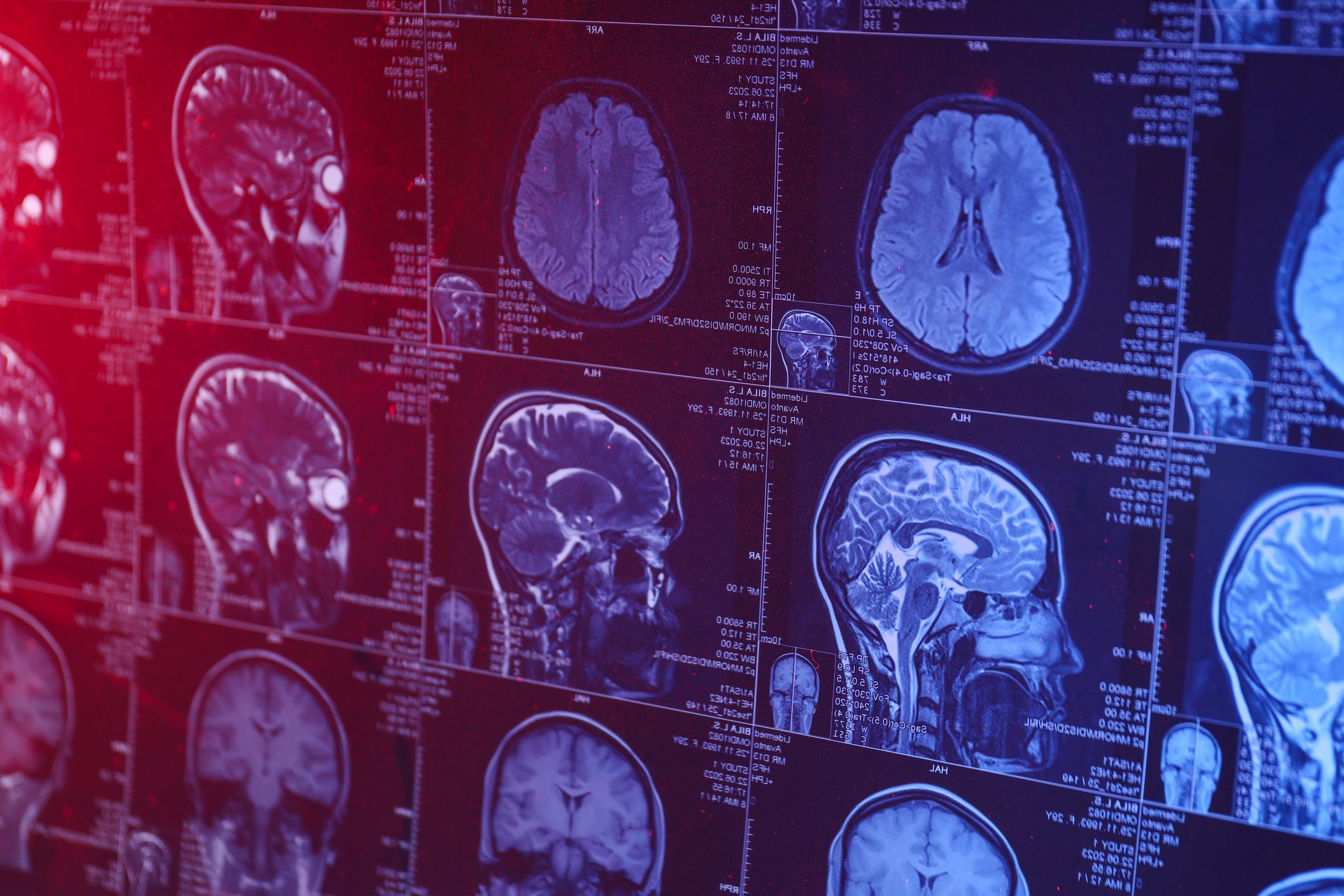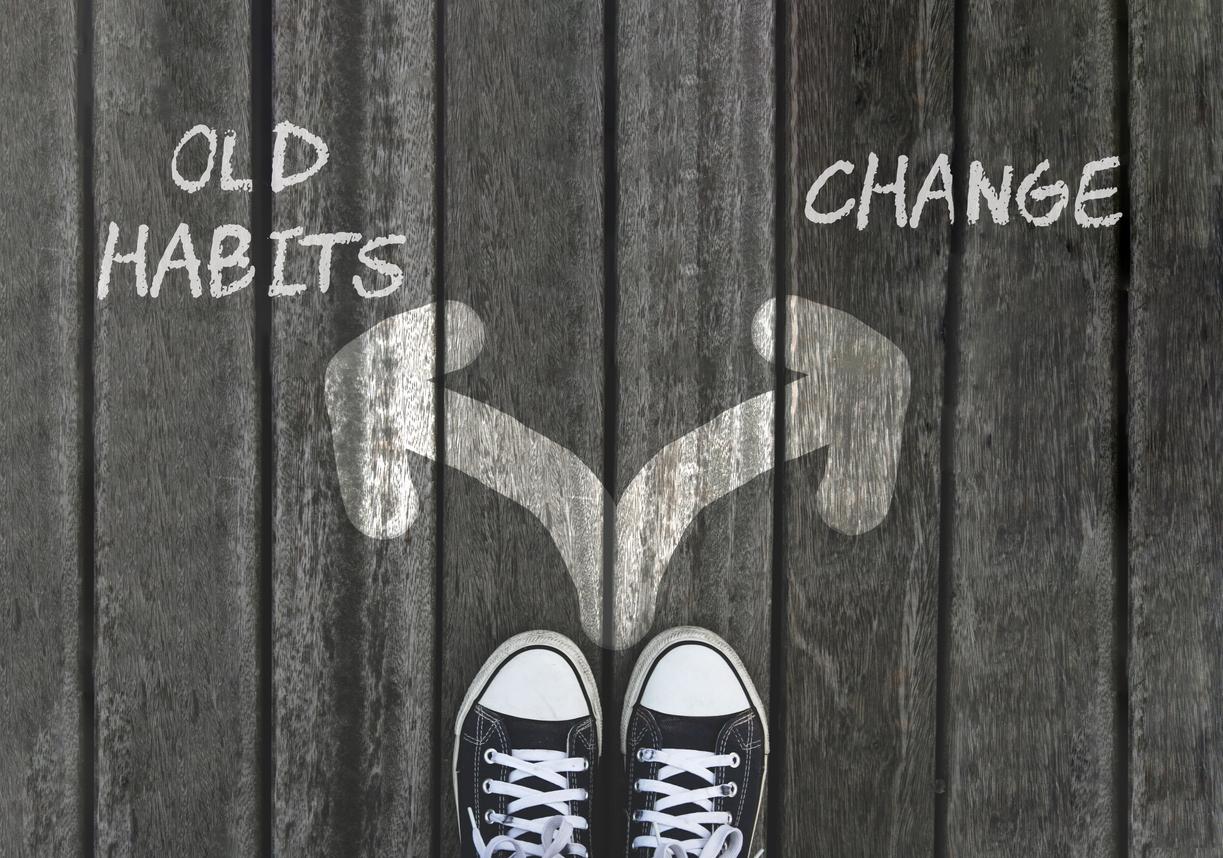Between 7:00 p.m. and 9:30 a.m. the next morning, doctor Michael Mosley, famous for his advice on nutrition in England, did not consume anything solid. He drinks water and coffee. He returns to the importance of meal timingwhich plays an important role in weight management, reports the Bristol Post.
He explains not to deprive himself, not to change what he eats, but to choose when he eats. Thus, it promotes what is known as “intermittent fasting”. Eating late at night would disrupt sleep but also the balance of fats and blood sugar. Blood pressure and cardiovascular health would thus be preserved. According to him, it would therefore be necessary to have breakfast from 9.30 a.m., and not to have dinner after 7 p.m.
Weight loss conditioned by certain factors
Remember that intermittent fasting is defined by not consuming solid food for 14 hours in a row. The goal is to allow the body to rest, and it turns out that this would influence weight loss, in most cases. At least if we continue to have a balanced diet on the sidelines. If you eat very fat in large quantities on the rest of the meals, fasting does not necessarily allow you to lose weight.
It is essential to remember that intermittent fasting is not a miracle solution and thatit is not for everyone. It is not recommended for teenagers, children and pregnant women. Certain chronic diseases are also incompatible with fasting for so long during the day.
Source: Bristol Post
















